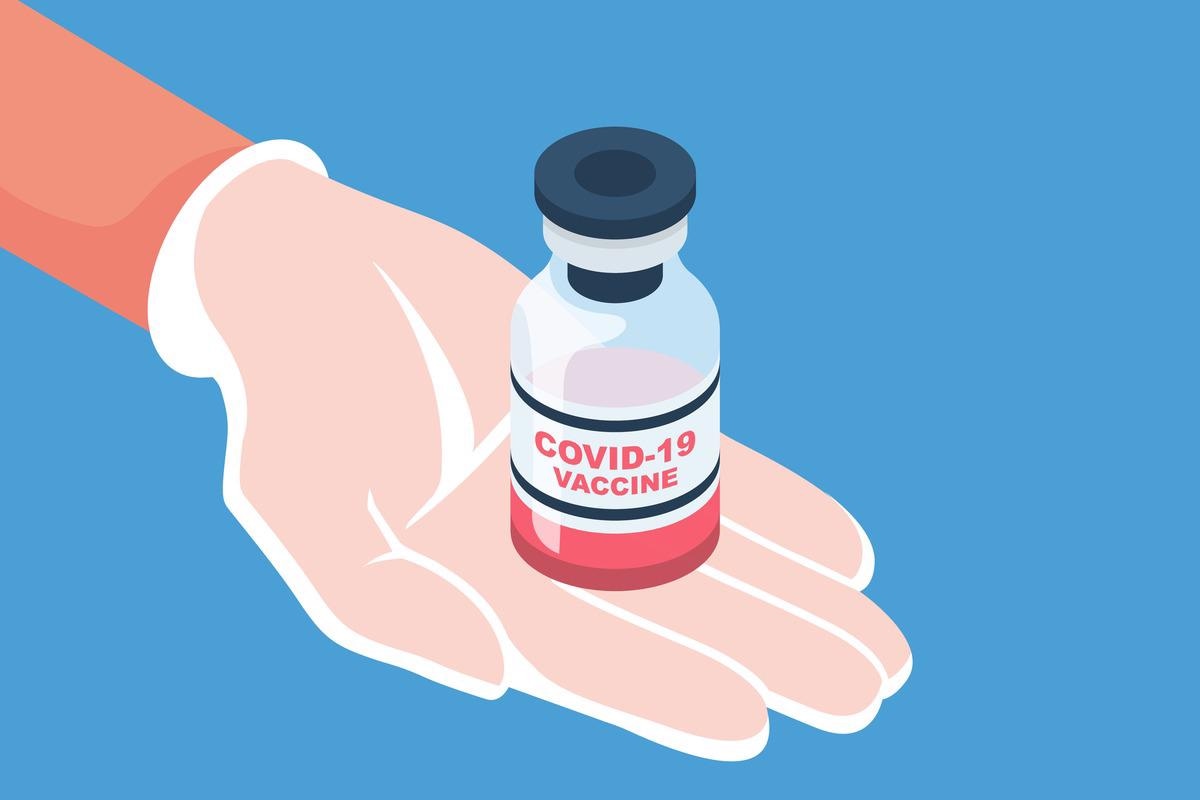Researchers in Australia have investigated coronavirus disease 2019 (COVID-19) vaccine effectiveness on the prevalence and mortality of the Delta variant. They found that countries with more vaccine coverage suffer from less mortality. However, the case numbers remain high, eventually leading to outbreaks. The team attributes the scenario to the fact that the countries with more vaccine coverage are at the same time the most vulnerable to COVID-19 infection.
 Study: Effect of vaccination rates on the prevalence and mortality of COVID-19. Image Credit: hvostik/Shutterstock
Study: Effect of vaccination rates on the prevalence and mortality of COVID-19. Image Credit: hvostik/Shutterstock

 *Important notice: medRxiv publishes preliminary scientific reports that are not peer-reviewed and, therefore, should not be regarded as conclusive, guide clinical practice/health-related behavior, or treated as established information.
*Important notice: medRxiv publishes preliminary scientific reports that are not peer-reviewed and, therefore, should not be regarded as conclusive, guide clinical practice/health-related behavior, or treated as established information.
Also, when many countries were geared up with high vaccination coverage, the case numbers and the deaths were still rising over time. The team suggests that the waning of the protective vaccine antibodies could be the most probable reason behind this phenomenon.
A preprint version of the research paper is available on the medRxiv* server while the article undergoes peer review.
Background
Although implementing strict non-pharmaceutical interventions (NPI) and the use of protective vaccines, the control of COVID-19 infection has been a challenge. The situation is driven by the emergence of new viral variants with immune escape capacity and the waning of the immunity induced by the vaccinations.
Reports show that while the immunity against new severe acute respiratory syndrome coronavirus 2 (SARS-CoV-2) infection wanes in less than one year of receiving a two-dose vaccination series, the protection against the severe disease and death still exists.
Two previous studies had reported a lack of association between the SARS-CoV-2 vaccination coverage and the daily cases.
To analyze even more deeply for assessing the global effect of control measures on mitigating the COVID-19 infection, the current study investigated a larger data set from 190 countries.
What did the researchers do?
The team collected data for 190 countries from March 1st, 2021, to December 1st, 2021. Publicly available repositories were used to extract the number of daily cases and deaths, the stringency index, the vaccine coverage, human development index (HDI), and the population of respective countries.
The trends were analyzed within three-month time-frame windows, as the time frame is sufficient to track the dynamics of the disease as well as large enough to curtail the noise from any smaller outbreaks. A moving average line was used to show the trends of the pandemic.
What did the researchers find?
Even for countries with very similar vaccination coverage, the daily cases per capita differed substantially, suggesting that the vaccination rate was not associated with the prediction of daily cases.
The team also observed that after reaching a certain vaccination level, the countries receiving higher vaccine doses per person suffered lower daily deaths per million, indicating that the deaths per case decline with vaccination.
Interestingly, the pre-vaccination trends showed that developing countries were not the most affected by the COVID-19 pandemic. Still, the richer a country was, the higher the incidences and deaths it suffered from the disease. Based on the trends of HDI vs. cases/deaths, the team suggested that wealthier countries with more vaccination coverage are also the more susceptible ones to the disease and hence suffer more in the pandemic.
Overall, the team did not find any significant evidence of vaccines effectively reducing the prevalence of infections, which contradicts the claims of reducing the chances of infection by the COVID-19 vaccines in clinical trials. The team later attributes this to the declining population immunity resulting from waning vaccine-induced protective antibodies.
It seems that vaccines cannot end the pandemic, but they can likely reduce the deaths caused by the pandemic to a very low level of mortality,” concludes the team.

 *Important notice: medRxiv publishes preliminary scientific reports that are not peer-reviewed and, therefore, should not be regarded as conclusive, guide clinical practice/health-related behavior, or treated as established information.
*Important notice: medRxiv publishes preliminary scientific reports that are not peer-reviewed and, therefore, should not be regarded as conclusive, guide clinical practice/health-related behavior, or treated as established information.